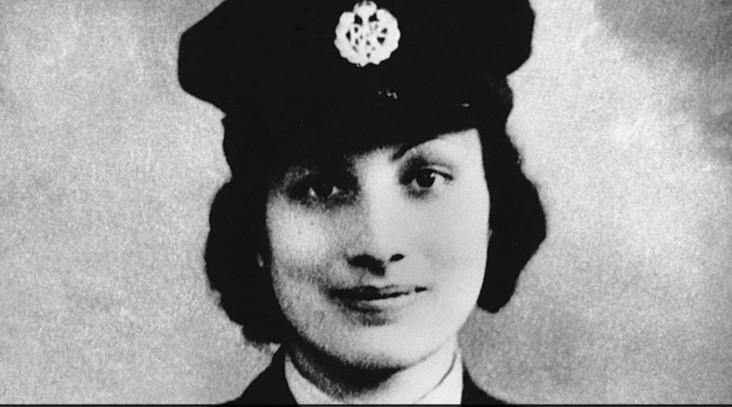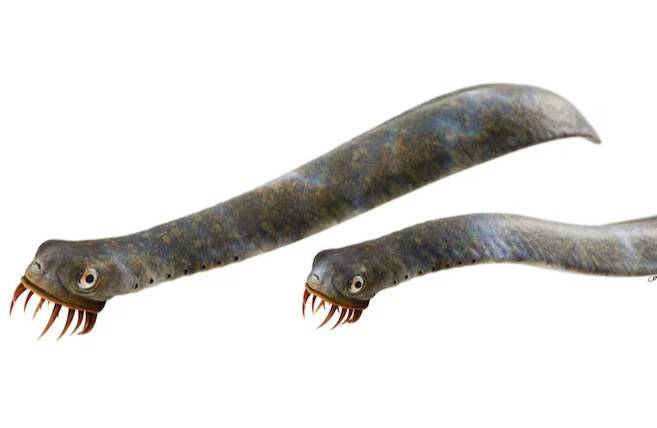
France Honours British Indian Spy & Tipu Sultan’s Descendant Noor
In a remarkable tribute, France has honoured Noor Inayat Khan, a descendant of the legendary Tipu Sultan and a World War II undercover British agent, with a commemorative postage stamp. This makes her the only Indian-origin woman to receive this prestigious tribute. Noor’s bravery and selflessness during the war have been recognized and celebrated by France, a country she risked her life to help liberate from the clutches of Nazi Germany.
Noor Inayat Khan was born on January 1, 1914, in Moscow, Russia, to an Indian father, Inayat Khan, and an American mother, Ora Ray Baker. Her father was a musician and a Sufi teacher who belonged to the royal family of Bhopal and was a descendant of Tipu Sultan, the famous Indian king who fought against the British East India Company. Noor’s family moved to England when she was a child, and she grew up in a culturally rich and diverse environment. She was educated at the University of Paris, where she developed a passion for writing and music.
When World War II broke out, Noor joined the Women’s Auxiliary Air Force (WAAF) and later became a spy for the British Special Operations Executive (SOE). She was trained in wireless operation and sent to occupied France in 1943, where she worked as a radio operator, transmitting crucial information back to London. Noor’s bravery and quick thinking helped her evade capture by the Gestapo on several occasions, but she was eventually caught in 1943 and imprisoned.
Despite being subjected to intense interrogation and torture, Noor refused to reveal any information about her fellow spies or the British war efforts. Her courage and resilience in the face of extreme adversity are a testament to her strong character and unwavering dedication to the cause of freedom. Sadly, Noor was executed at the Dachau concentration camp in 1944, just a few months before the end of the war.
Noor’s heroism and sacrifice have been recognized and celebrated by both France and Britain. She was earlier awarded the Croix de Guerre, France’s highest civilian honour, and Britain’s George Cross, the highest award for bravery not in the face of the enemy. The new commemorative postage stamp issued by France is a fitting tribute to her memory and a reminder of the significant contributions made by Indian-origin individuals to the war efforts.
The postage stamp features a portrait of Noor Inayat Khan, along with a brief description of her bravery and achievements. The stamp is a symbol of France’s gratitude to Noor and her fellow spies who risked their lives to help liberate the country from Nazi occupation. It is also a testament to the strong bonds of friendship and solidarity between France and India, which date back to the days of the French East India Company.
Noor’s story is an inspiration to people all over the world, and her legacy continues to be celebrated and honoured by historians, writers, and artists. Her bravery and selflessness have been the subject of several books, films, and documentaries, including a recent biography by journalist and author, Shrabani Basu.
In conclusion, France’s decision to honour Noor Inayat Khan with a commemorative postage stamp is a fitting tribute to her memory and a recognition of her significant contributions to the war efforts. Noor’s bravery, courage, and selflessness are an inspiration to us all, and her legacy will continue to be celebrated and honoured for generations to come.





